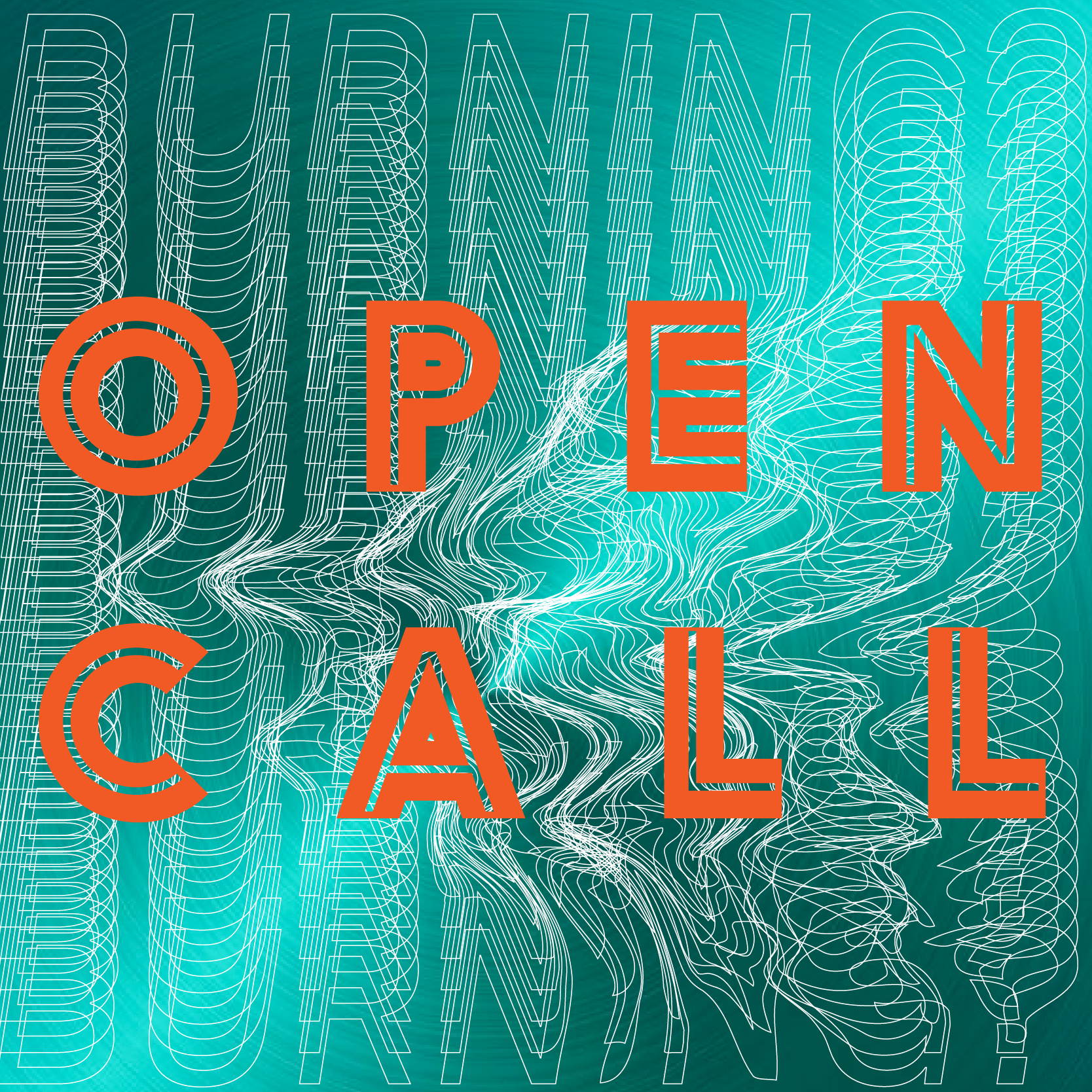Burning?

OPEN CALL für Ein Neues Magazin
Bis 31.07.2023
Wir bitten euch, eure Beiträge auf 5000 Wörter zu beschränken und sie im docx-Format an burning@savvy-contemporary.com zu senden. Ihr seid eingeladen, Beiträge in der Sprache oder dem Genre einzureichen, das ihr am besten beherrscht und in dem ihr euch am wohlsten fühlt. Wir freuen uns auch über Illustrationen oder Comics, wenn sie zum Thema passen.
Beiträge, die zur Veröffentlichung zugelassen sind, werden vergütet
Burning? ist eine Publikation, die aus einer Reihe von Recherchen, Ausstellungen, Performances, Vorträgen, Gesprächen und Workshops im Rahmen von UNRAVELING THE (UNDER-) DEVELOPMENT COMPLEX OR TOWARDS A POST- (UNDER-) DEVELOPMENT INTERDEPENDENCE entstanden ist. Das Projekt wurde von Walter Rodneys bahnbrechendem Werk How Europe Underdeveloped Africa und den Fragen, die er uns für die Gegenwart hinterlassen hat, inspiriert. Wir nehmen ab sofort Beiträge für unsere erste Ausgabe entgegen, die sich mit dem "Entwicklungskomplex" befasst.
Wir sind auf der Suche nach ehrlichen und durchdachten Perspektiven zum Thema "Entwicklung" – was sie ist, was sie bedeutet, wie sie durchgeführt wird, wem sie dient, welche Bedingungen sie schafft und welche Potenziale sie untergräbt. Wir freuen uns über alle Arten von schriftlichen Arbeiten und sind besonders an euren eigenen Recherchen, Berichten und investigativen Arbeiten über den globalen Entwicklungskomplex interessiert. Wir wollen etwas über seine Akteur:innen und seine Auswirkungen erfahren; wir wollen von seinen Gegner:innen hören.
Ein Hinweis zu Stil und Inhalt
Vielleicht ist euch schon aufgefallen, dass akademische, theoretische und kritische Texte oft langweilig, repetitiv und unnötig komplex sind. Wir sind der Meinung, dass bestimmte stilistische Konventionen die kreative Stimme von Autor*innen unterdrücken und die Chance untergraben, dass die Leser*innen das Geschriebene tatsächlich mit Freude lesen und weitertragen. Dieser Stil Schadet sowohl den Leser:innen als auch den Schriftsteller:innen. Wir mögen das nicht und sehen keinen guten Grund, warum das so sein sollte.
Deshalb ermutigen wir euch, so zu schreiben, wie ihr sprecht, wie auch immer das klingen mag. Dies ist eine Aufforderung, Klarheit und Neuartigkeit in euren Texten zu fördern, ohne dabei Kompromisse bei persönlichem Stil oder Kreativität einzugehen.
TEAM
Künstlerische Leitung Bonaventure Soh Bejeng Ndikung
Redaktion Mokia Laisin, Meghna Singh, Pauline Temme
Kommunikation Anna Jäger
Graphikdesign Nancy Naser Al Deen
